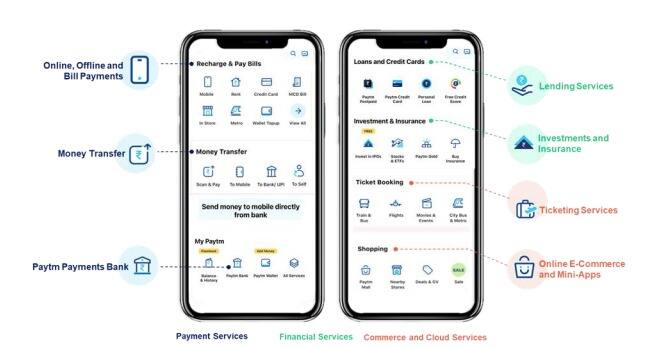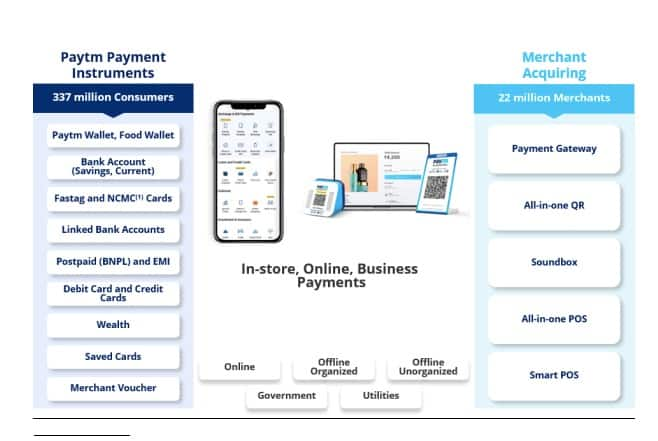RBI recently created a discussion paper on digital payment charges to ensure that they are affordable for users, while also being an excellent affordable option for providers. Such initiatives have been welcomed in the past as they can act as enablers and accelerators at large for India’s continued transformation into a cashless economy.
Then came a recent analysis report by Macquare, which created a flutter among investors, predicting RBI’s regulatory policies that would affect Paytm’s business in the future. Everyone knows that Paytm is the top player in the digital payment market. Paytm Payments Bank counted 538 million online transactions on Paytm mobile app in October 2021.

“With the phenomenal growth in digital payments, it is clear that there is a need for regulations to maintain best practices and ensure continued growth in the sector. For the cashless economy to flourish, it is also important that those using digital payments are not punished (in terms of fees) but rewarded. Considering the rules, listed players like Paytm and Bank will be in a comfortable place as compared to unlisted players”, said Sudhanshu Srivastava, director, Derivatives Cent (a boutique i-banking firm based out of Mumbai). Many of Paytm’s businesses come under the purview of regulators in India. Paytm is no different from banking and financial regulations. The company has a strong internal mechanism to deal with regulatory compliance and has experience in liaising with regulatory bodies.
RBI’s regulatory policies on capping charges on digital payments are less likely to impact Paytm. One97, the parent company of Paytm, was aimed at promoting financial inclusion in India. His effort brought financial products and services to the underprivileged and underserved population of the country.
In line with Paytm’s vision, the RBI’s latest move will only power the acceptance of digital payments and financial services – a massive enabler and accelerator for India’s continued transition to a cashless economy.
“We strive to be in line with the regulators in India such as RBI, SEBI and IRDA, which govern our various payments and financial services business. We aim to ensure transparency and high consumer satisfaction with data protection, security and data privacy mechanisms. Prioritize, and maintain strict KYC and Anti-Money Laundering.
By doing this protocol, we can protect all our ecosystem participants and stakeholders”, the company said in its RHP.
Meanwhile, the digital payments and financial services platform saw a 64% year-on-year growth in its revenue from operations to ₹10.9 billion in the second quarter of FY22, compared to a 52% growth in non-UPI payment volumes (GMVs). Driven by growth and a growth of more than threefold. Financial services and other revenues. The company’s contribution profit increased to ₹2.6 billion in the second quarter of FY 2022, a year-on-year growth of 592%.
Paytm has built a robust internal mechanism to deal with regulatory compliance in this scenario and has experience in liaising with regulatory bodies.
Lastly, most of Paytm’s businesses are already land laws compliant. Paytm’s businesses will not see any disruption from the regulations as it has created those businesses keeping in mind the regulatory requirements of India.
(brand desk material)
,
